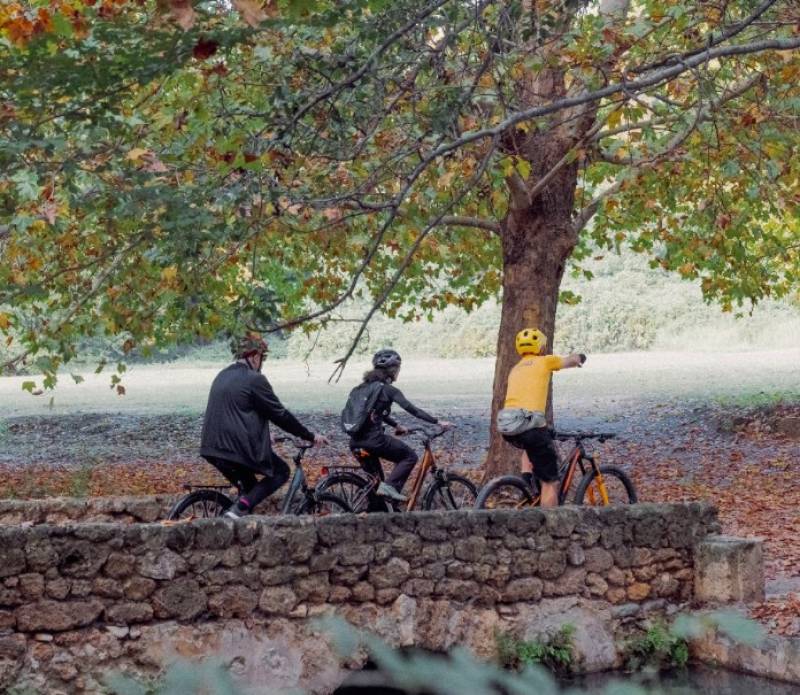
Enjoy monuments in the centre of Caravaca and the natural beauty spot of Las Fuentes del Marqués! This 14-kilometre circular cycling route, taking you to many of the most iconic locations in the holy city of Caravaca de la..
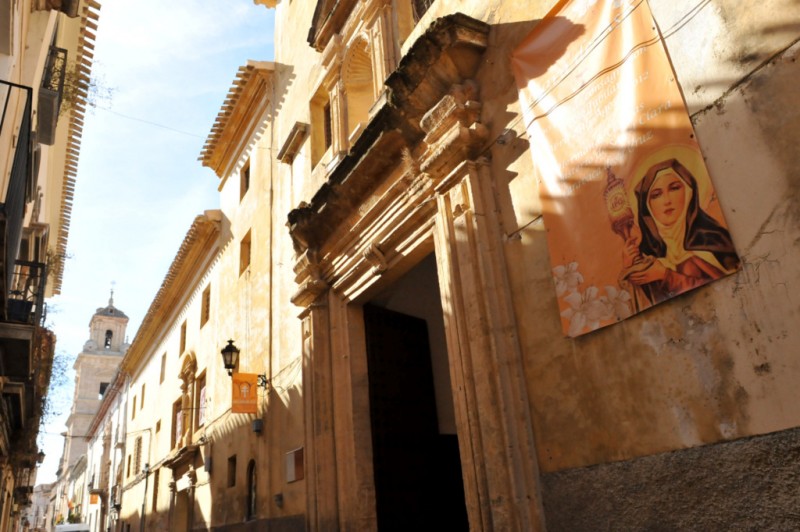
This 17th century Caravaca convent is still in use today The convent dedicated to Santa Clara in Caravaca de la Cruz is in the historic centre of the city, in Calle de las Monjas, and dates from the early 17th century. Unlike..
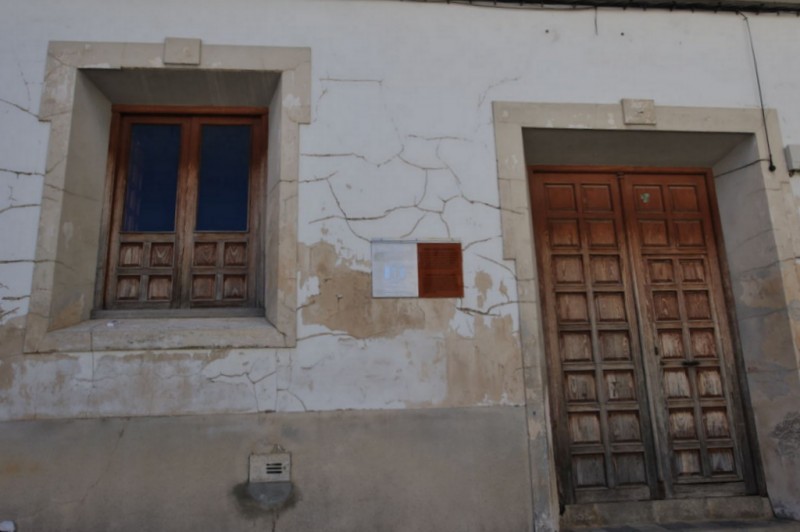
This modest 16th century church is now home to a Caravaca music society Popularly known as the “Ermita del Santo”, the small church in Caravaca de la Cruz dedicated to San Sebastián dates from the early 16th century ..
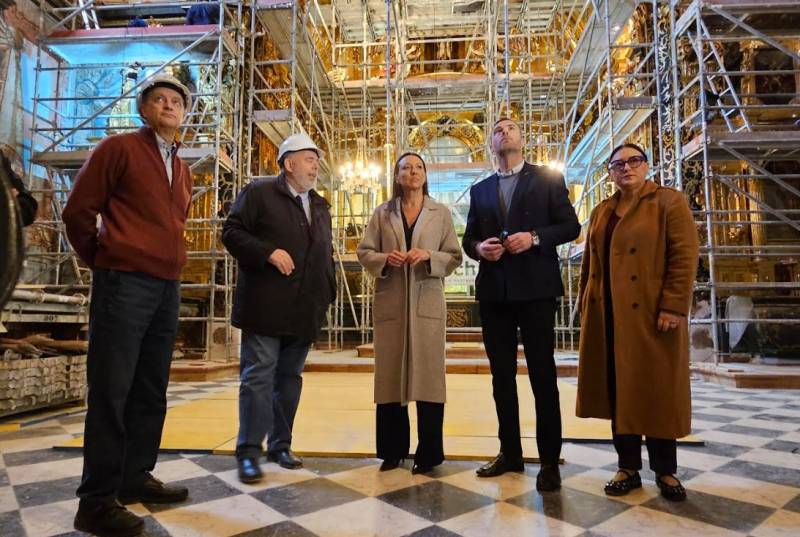
The splendid church and convent were founded in Caravaca by Santa Teresa de Jesús 450 years ago The Town Hall of Caravaca de la Cruz, with support from the regional government of Murcia, continues to do its utmost to elevate..
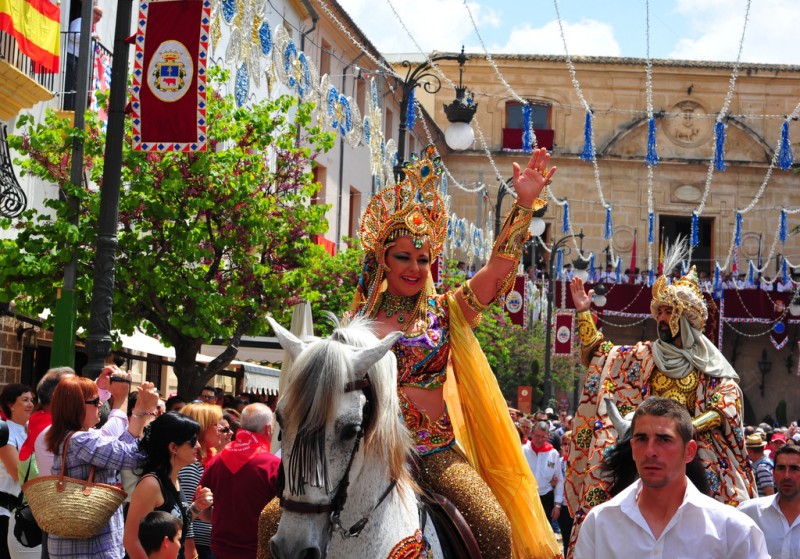
The Casa Consistorial in Caravaca dates from the 18th century The baroque Casa Consistorial, the main Town Hall building in Caravaca de la Cruz, is in the Plaza del Arco at the foot of the hill on which the castle-sanctuary..
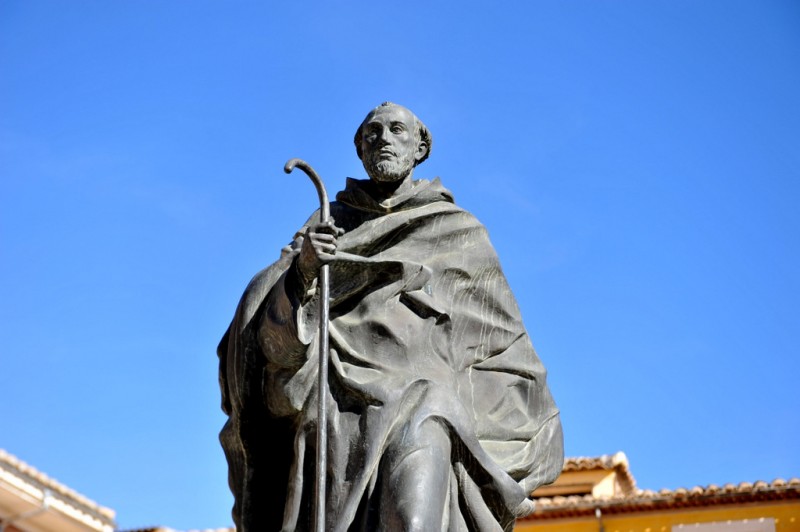
The square is named after the saint who founded the Convento del Carmen in Caravaca The Plaza de San Juan de la Cruz is right in the heart of the city of Caravaca, at the eastern end of the Paseo de la Glorieta, or Calle Corredera..
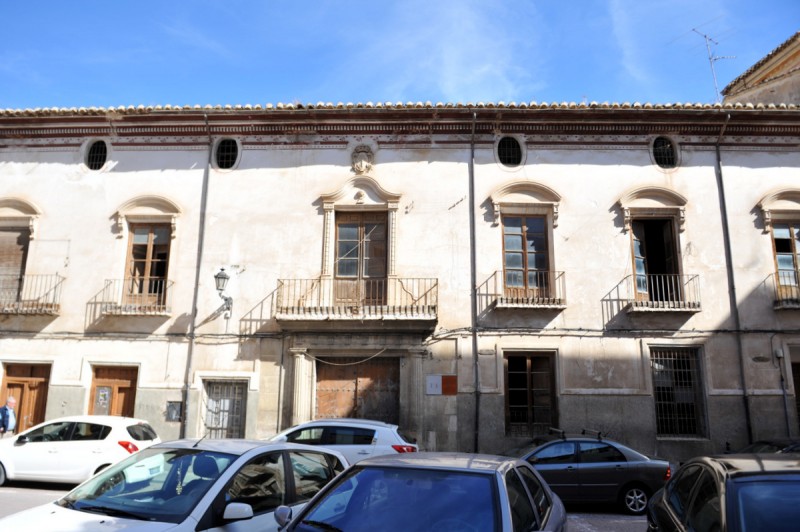
The palace in Caravaca is also known as the Casa de la Tercia The Palacio de la Encomienda is one of the historic buildings in the centre of Caravaca de la Cruz, although nowadays it is privately owned and can only be viewed..
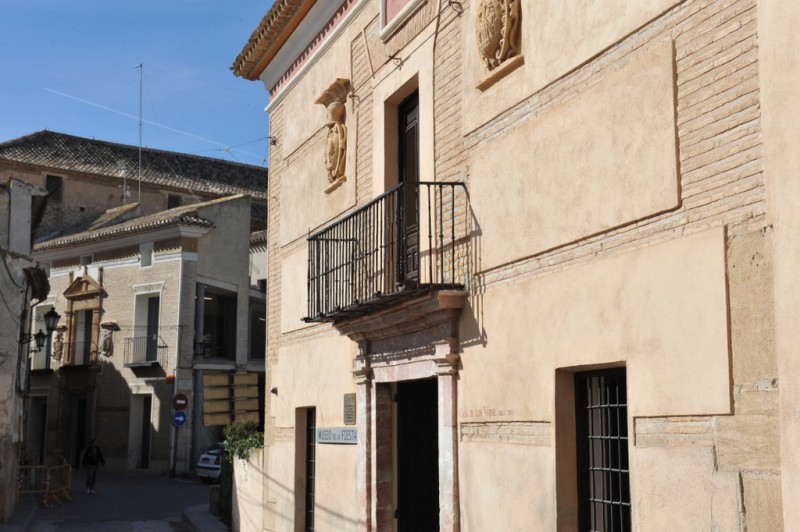
Celebrating the events of the Fiestas de la Santísima y Vera Cruz and Moors and Christians This museum is dedicated to the Fiestas de la Santísima y Vera Cruz which take place at the beginning of May every year, offering..
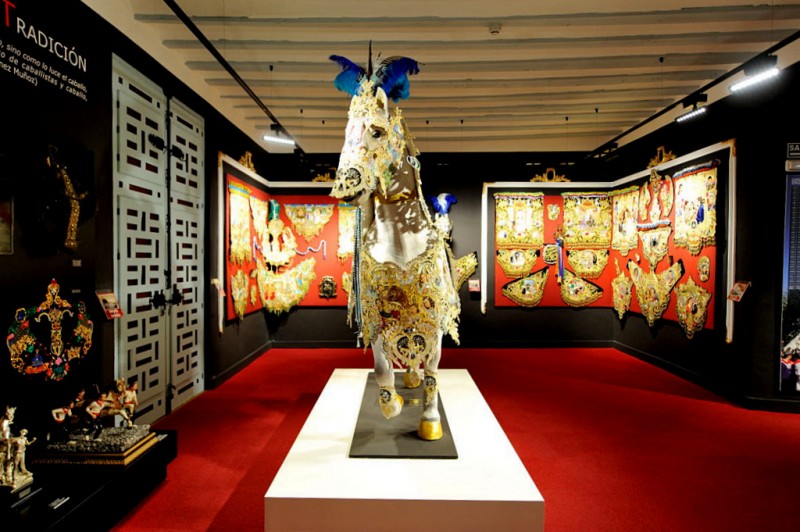
A chance to see the incredible embroideries of the Running of the Wine Horses up close If you’re in the Region of Murcia on May 2 then take the opportunity to witness one of the most memorable and unique fiestas to be seen..

A brilliant healthy way to discover the city and surroundings of Caravaca One of the most enjoyable, healthiest and most environmentally-friendly ways to explore any location is on the saddle of your bike, and these guided..
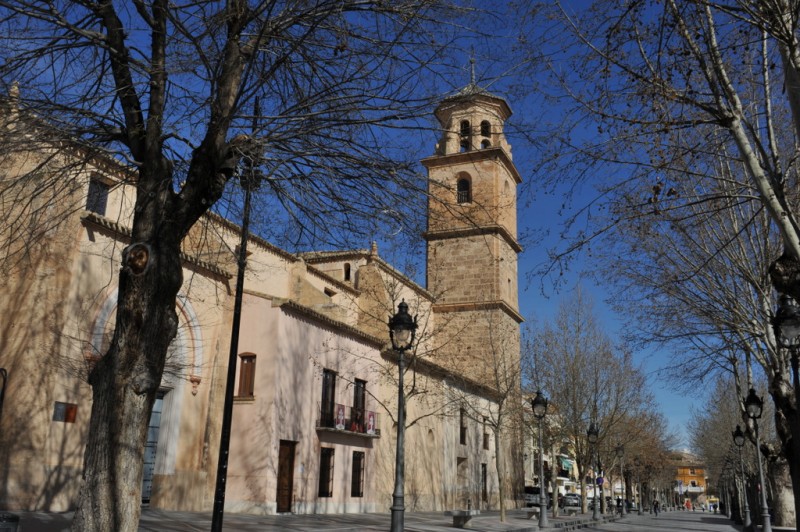
Contruction of the church of the Immaculate Conception in Caravaca began in 1534 This church dedicated to the Immaculate Conception, stands outside the historic old centre of Caravaca de la Cruz alongside the tree-lined avenue..
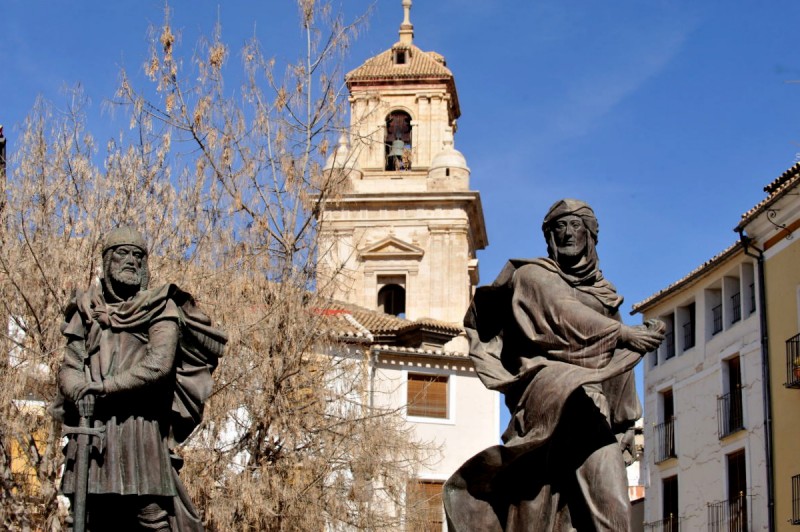
The second most important place of worship in Caravaca The parish church of El Salvador in Caravaca de la Cruz (Parroquia de El Salvador) plays an important part in the Holy Jubilee celebrations which are held every seven..
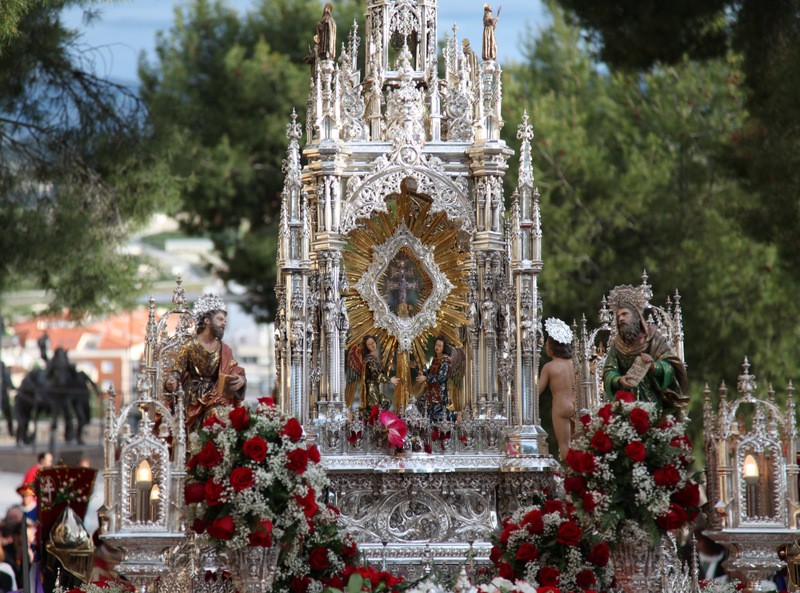
The holy relic of Caravaca has defined the history and development of the city The Cross of Caravaca represents many things to many people and since the Middle Ages it has come to define the nature of the city in which it..
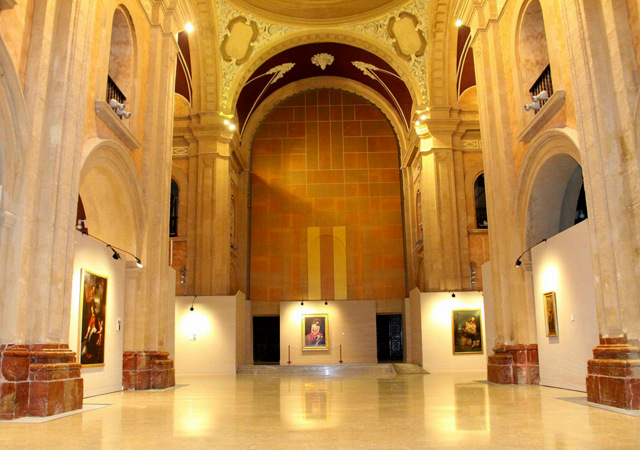
Exhibition rooms at the Antigua Iglesia de la Compañía de Jesús The church and monastery of the Compañía de Jesús occupy a substantial plot on Calle Mayor in the centre of the city of Caravaca. Once an important..
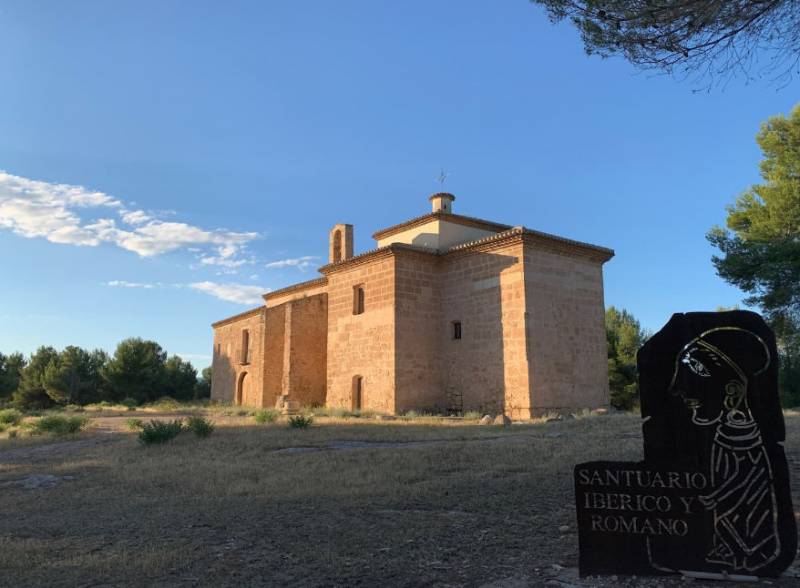
Millennia of archaeological remains have been found in the picturesque mountain scenery of La Encarnación It has been said that if one place in the Region of Murcia above all others can boast archaeological remains which..
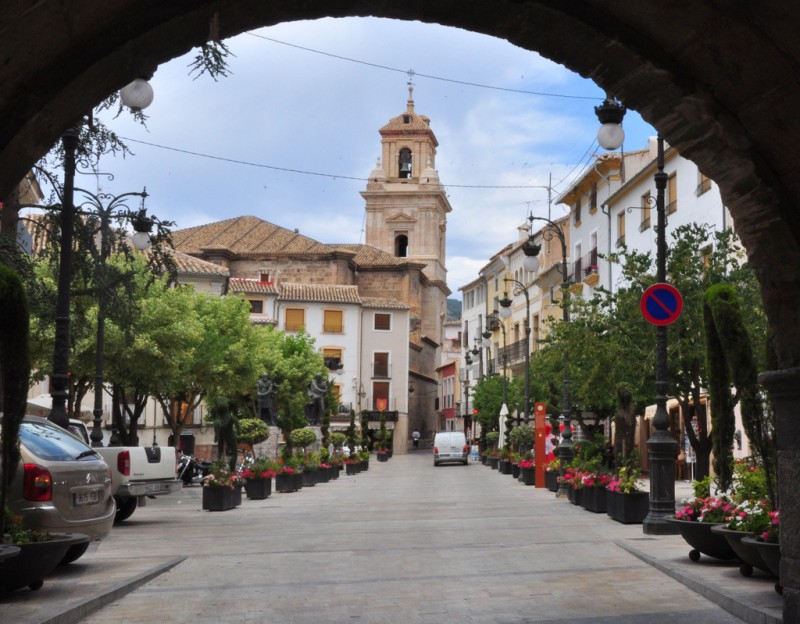
A historic plaza used during many events in Caravaca de la Cruz The Plaza del Arco is the centre of historic Caravaca de la Cruz and is accessed via a deep archway which incorporates rooms belonging to the Town Hall. This..
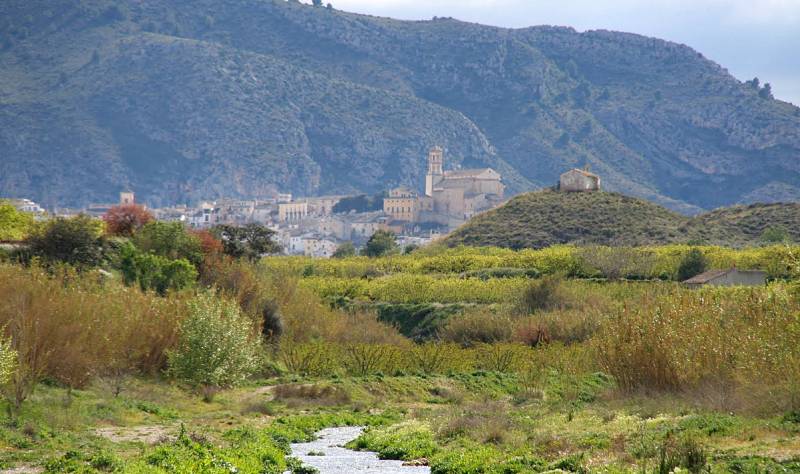
Hiking, kayaking, birdwatching and the simple joy of the countryside in Caravaca, Cehegín and Calasparra Source: ITREM The River Argos is far from being a major waterway but it is one of the natural jewels of the north..
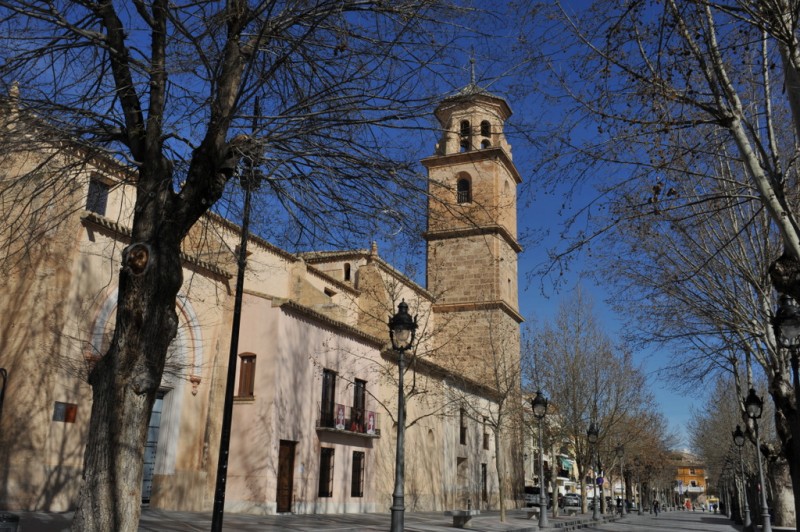
The Glorieta, or Calle Corredera, runs from the Templete to the Convento del Carmen in Caravaca The Glorieta is the name commonly given to Calle Corredera, the wide tree-lined avenue which leads from the Templete to the Plaza..
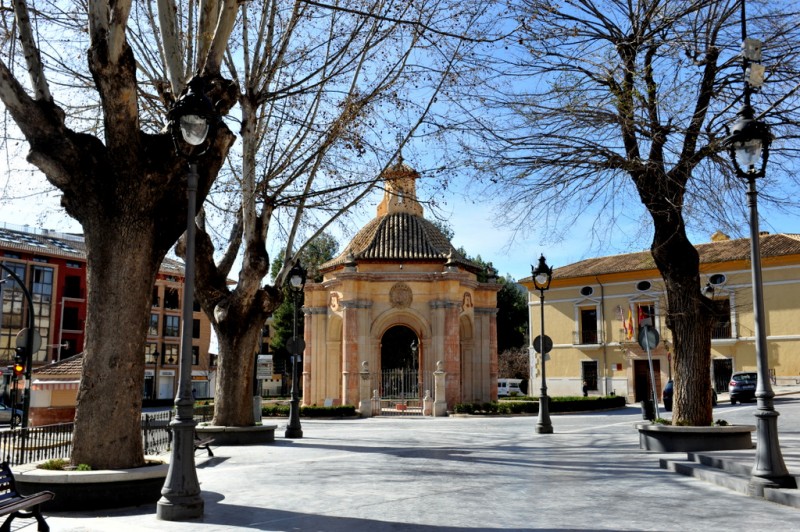
The Templete is one of the most iconic monuments in Caravaca de la Cruz The Templete is often referred to by locals simply as the Bañadero, the bathing place, due to its significance in the Fiestas of the Santísima y..
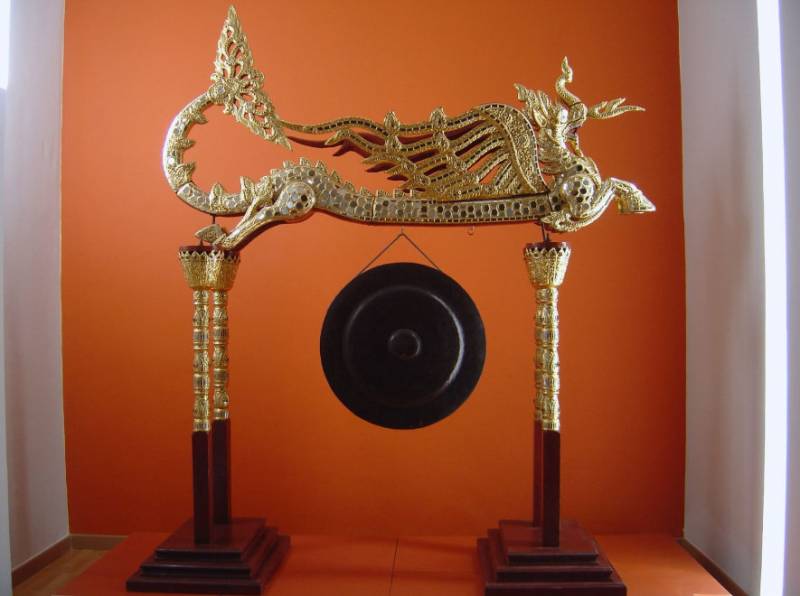
The Museo de Música Étnica y Colección Carlos Blanco Fadol in Barranda The man responsible for this amazing place is a remarkable man by the name of Carlos Blanco Fadol. There are many accomplished musicians throughout..
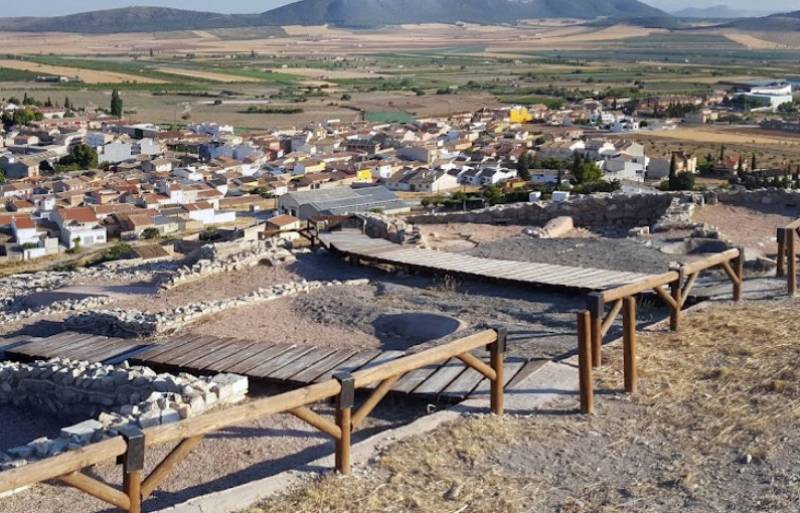
Remains of buildings from up to 5,000 years ago in the countryside west of Caravaca The popular village of Archivel, a few kilometres west of the Holy City of Caravaca de la Cruz, is not only a favourite destination for rural..
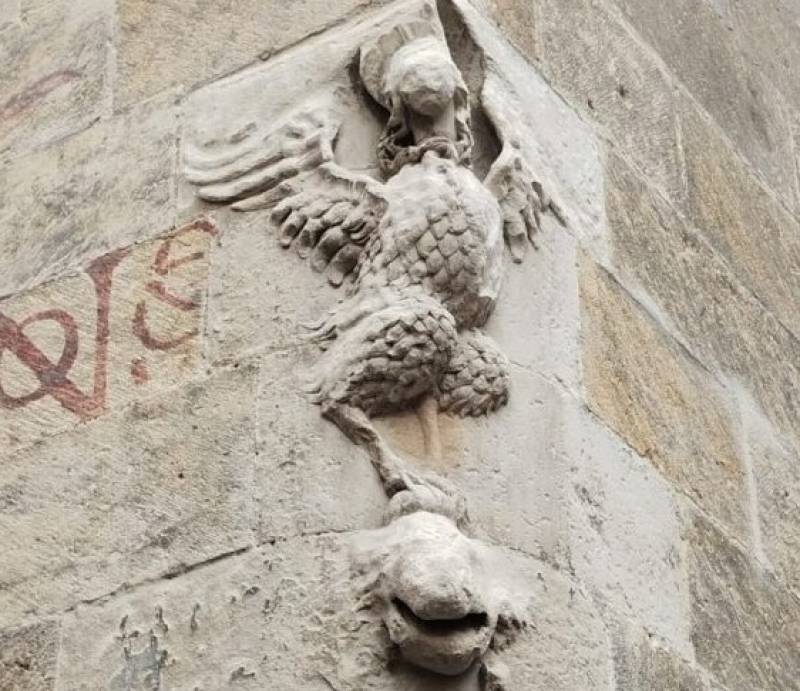
Harpy, mermaid, pagan goddess or John the Evangelist, the only sculpture on the exterior of the church of El Salvador has witnessed daily life in Caravaca for many centuries One of the many curiosities to be found in the..
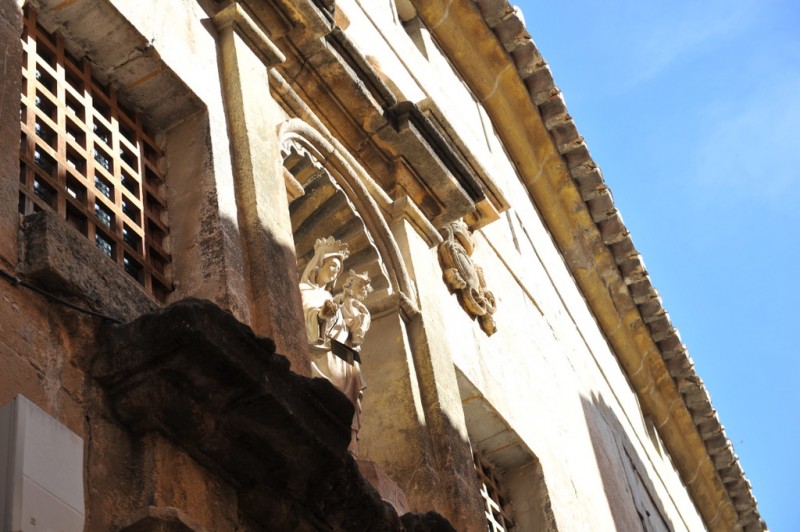
The Carmelite convent in Caravaca was founded by Santa Teresa de Ávila in 1576 The baroque 16th-century convent church of San José stands on the Calle Mayor in the centre of Caravaca de la Cruz, and was founded in 1576..
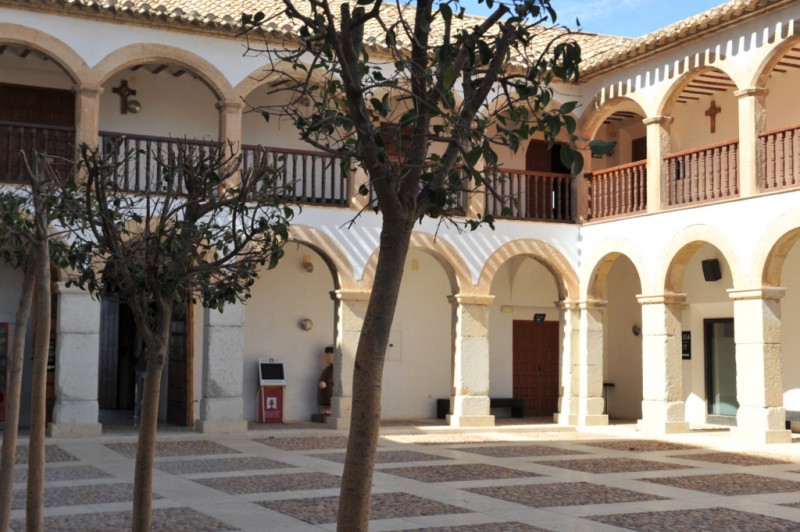
The Museo de la Cruz within the walls of the medieval castle of Caravaca The Basílica de la Vera Cruz in Caravaca stands on the hill behind the city, within the walls of the castle and alongside the museum dedicated to the..
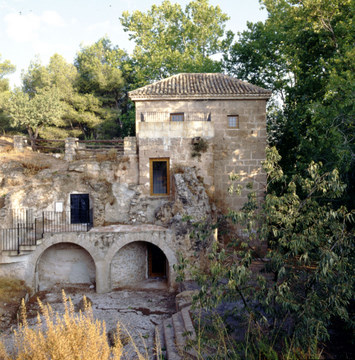
A wonderful natural beauty spot with an interpretation centre and water features in Caravaca Las Fuentes del Marqués is an attractive natural park area about 2km from the centre of Caravaca de la Cruz and is an ideal place..